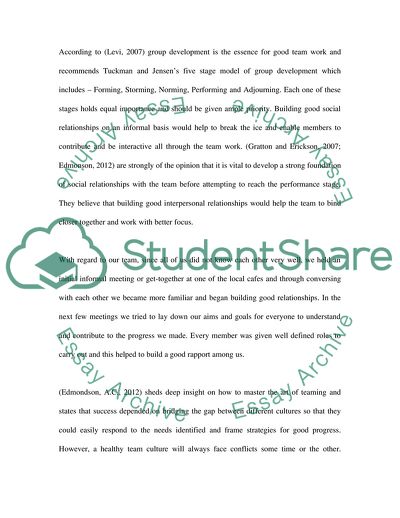Cite this document
(Teamwork on the Fly Assignment Example | Topics and Well Written Essays - 1750 words, n.d.)
Teamwork on the Fly Assignment Example | Topics and Well Written Essays - 1750 words. https://studentshare.org/sociology/1866107-individual-reflective-essay
Teamwork on the Fly Assignment Example | Topics and Well Written Essays - 1750 words. https://studentshare.org/sociology/1866107-individual-reflective-essay
(Teamwork on the Fly Assignment Example | Topics and Well Written Essays - 1750 Words)
Teamwork on the Fly Assignment Example | Topics and Well Written Essays - 1750 Words. https://studentshare.org/sociology/1866107-individual-reflective-essay.
Teamwork on the Fly Assignment Example | Topics and Well Written Essays - 1750 Words. https://studentshare.org/sociology/1866107-individual-reflective-essay.
“Teamwork on the Fly Assignment Example | Topics and Well Written Essays - 1750 Words”. https://studentshare.org/sociology/1866107-individual-reflective-essay.


